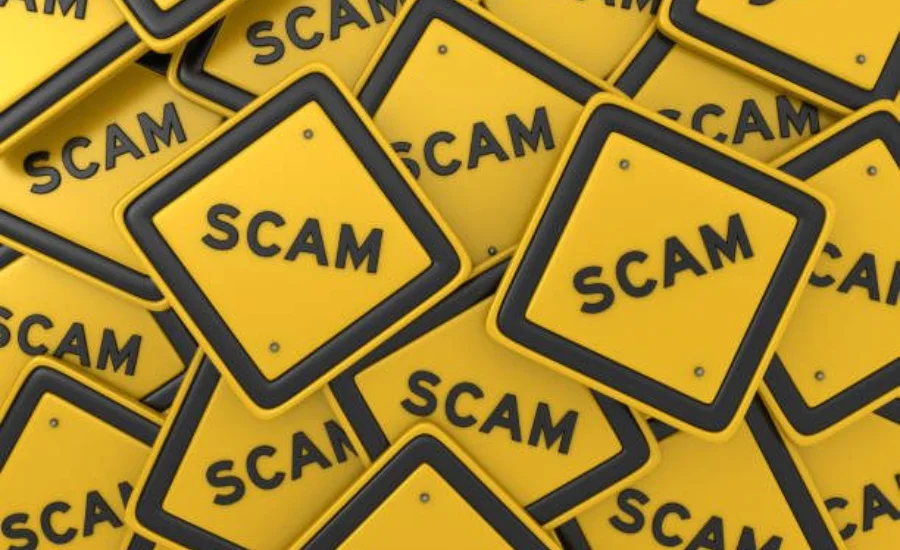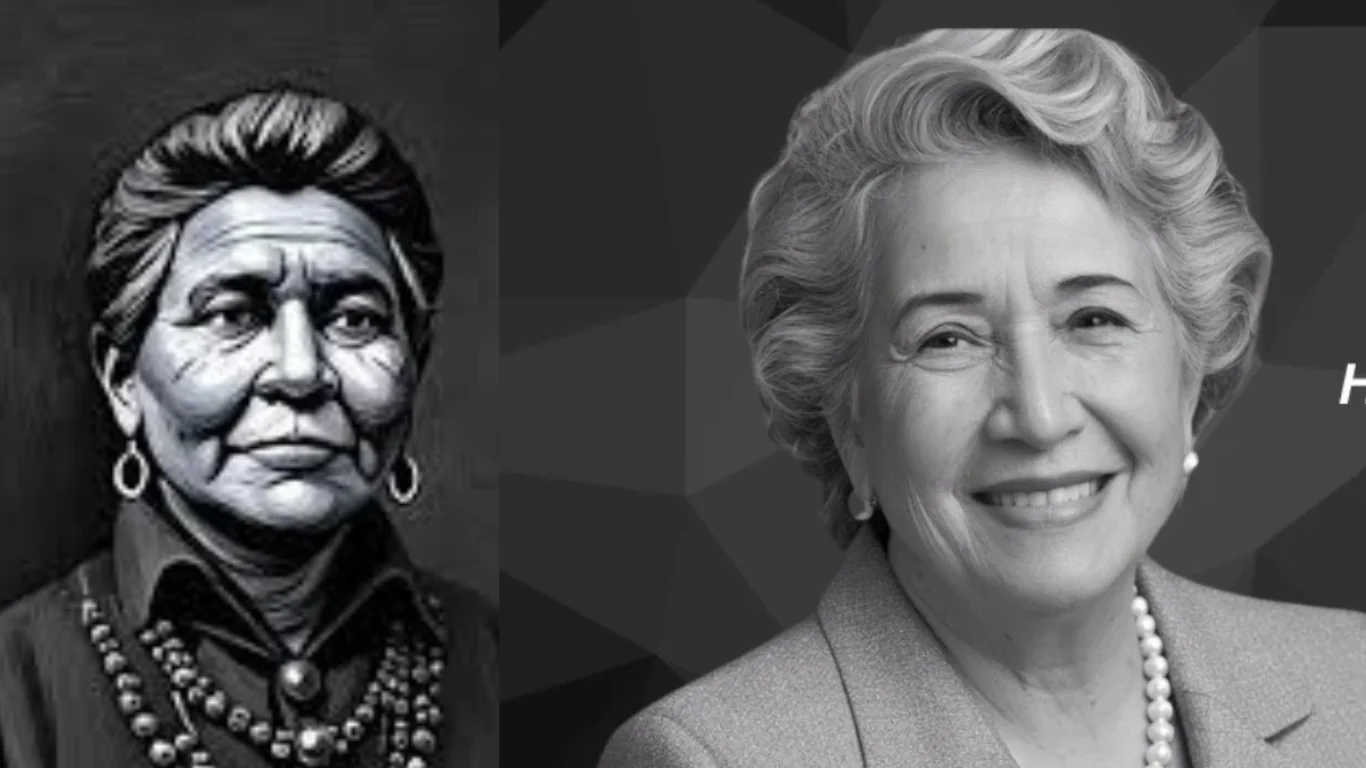In today’s rapidly advancing digital landscape, phone scams have become a widespread and concerning issue for many individuals. With the proliferation of technology, scammers have become increasingly sophisticated, using various tactics to deceive unsuspecting victims. One phone number that has drawn significant attention for potential fraudulent activity is 209-379-4351. As reports of unsolicited calls and suspicious behavior linked to this number grow, many people are left asking, “209-379-4351 is it a scam?”.
Understanding Phone Scams
Phone scams encompass a wide range of fraudulent schemes designed to trick individuals into providing personal information or money. These scams can take many forms, such as robocalls, phishing attempts, and outright fraudulent solicitations. For example, robocalls often deliver automated messages that promise prizes, solicit donations, or request sensitive information under the guise of a legitimate organization. Phishing calls, on the other hand, may impersonate trusted entities, like banks or government agencies, in an effort to extract personal information from victims.
The frequency of these scams has surged in recent years, with millions of complaints filed annually. According to the Federal Trade Commission (FTC), consumers reported losing billions of dollars to various types of phone scams. With the rise of the digital age, it’s crucial to remain vigilant and informed about these fraudulent practices. When confronted with a suspicious number like 209-379-4351, consumers must ask themselves, “209-379-4351 is it a scam?”.
Research and Investigation
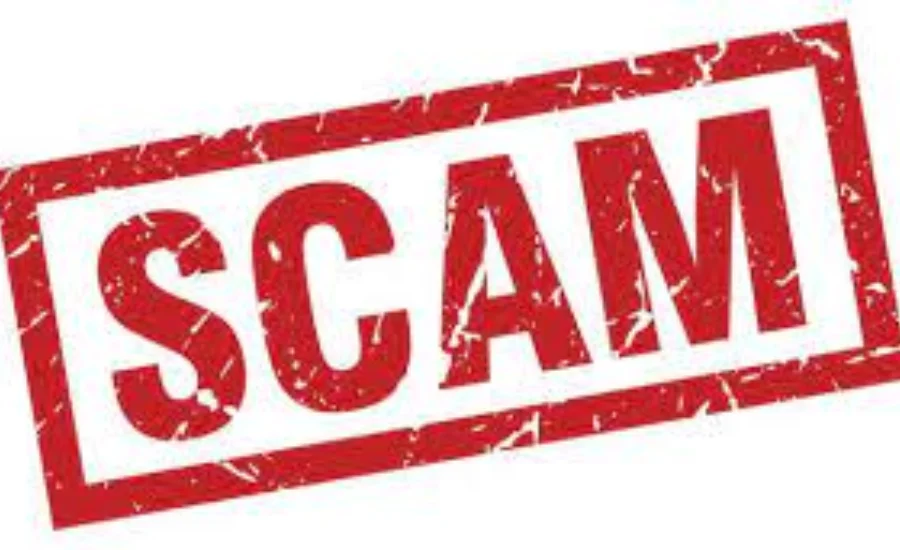
When considering the question, “209-379-4351 is it a scam?” thorough research is imperative. Begin by searching online for user experiences and complaints associated with the number. Various websites, such as the Better Business Bureau (BBB) and the FTC, offer resources and platforms for individuals to share their encounters with suspicious phone numbers.
In addition to these resources, reverse phone lookup services can provide valuable insights into the number’s history and any associated complaints. A simple search may reveal a trail of negative feedback from other users who have experienced similar calls from 209-379-4351. Many individuals report receiving unsolicited offers, aggressive sales pitches, and requests for sensitive personal information.
By gathering information from multiple sources, you can form a clearer picture of whether 209-379-4351 is indeed a scam. Be wary of any information that lacks corroboration, and consider seeking advice from trusted consumer protection agencies. Ultimately, the goal is to empower yourself with knowledge that can help you make informed decisions about how to respond to calls from this number.
User Experiences
User experiences play a vital role in understanding the potential risks associated with 209-379-4351. Many individuals have reported receiving unsolicited calls from this number, with the content of these calls often raising suspicions. Commonly reported themes include promises of monetary rewards, winning contests, or offers that seem too good to be true.
For instance, one user recounted their experience, stating, “I received a call from 209-379-4351 claiming I had won a significant cash prize. They requested my personal information to verify my identity before I could claim the money.” Such tactics exploit people’s desires for financial gain and often involve high-pressure tactics to induce compliance.
Another individual shared, “When I answered the call, I was told I owed a debt and that immediate payment was required to avoid legal action.” This type of manipulation is alarming, as it plays on fear and urgency, compelling individuals to act without fully understanding the situation. These testimonials raise valid concerns and lead many to ask, “209-379-4351 is it a scam?”
Signs of a Scam Call
Recognizing the signs of a scam call is crucial for safeguarding personal information and financial security. Several key indicators can help consumers identify potential fraud, especially when dealing with numbers like 209-379-4351. Common signs of a scam call include unsolicited calls from unknown numbers, pressure tactics urging immediate action, and requests for personal or financial information.
If you receive a call from 209-379-4351, it’s essential to remain skeptical. Legitimate organizations rarely ask for sensitive information over the phone, especially in an unsolicited manner. Scammers often employ tactics that create a sense of urgency, pressuring individuals to act quickly without taking the time to think critically.Taking these precautions can significantly reduce the risk of falling victim to a scam.
Steps to Take If You Receive a Call from 209-379-4351
The first step is to avoid engaging with the caller. Hang up immediately and do not provide any personal information, as this could lead to identity theft or financial loss.
After hanging up, consider blocking the number to prevent further calls. Many smartphones have built-in features that allow users to block unwanted numbers easily. Additionally, it’s advisable to report the call to local authorities or the FTC, as this information can help protect others from similar experiences. Reporting the number as a potential scam can contribute to efforts to track down and eliminate fraudulent operations.
When pondering “209-379-4351 is it a scam?”, remember that the best defense against potential scams is to stay informed and proactive. Share your experiences with friends and family, as awareness is crucial in combating scams. By educating those around you, you can help create a more informed community that is better equipped to recognize and respond to potential threats.
Legal Implications of Scam Calls
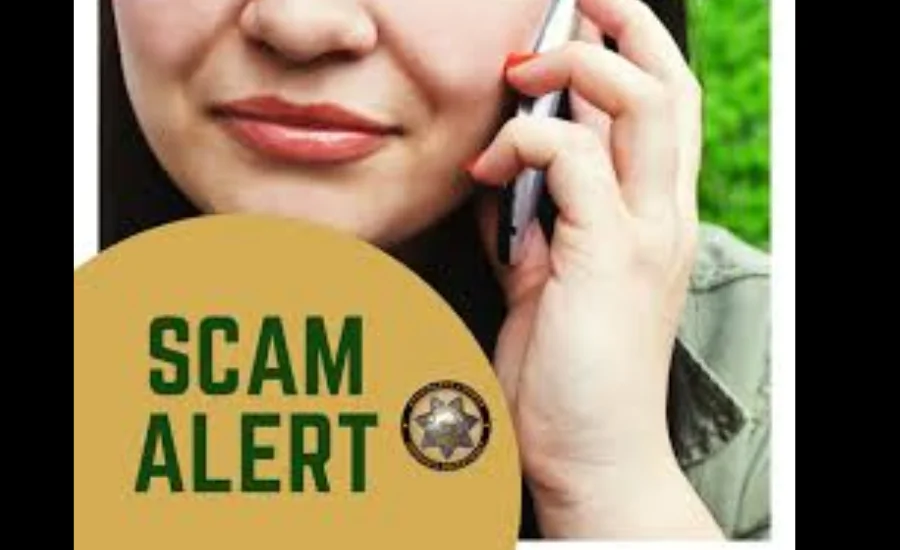
Understanding the legal implications surrounding scam calls is crucial for consumers. In the United States, the Telephone Consumer Protection Act (TCPA) establishes strict regulations regarding telemarketing and robocalls. This law prohibits unsolicited calls to mobile phones and requires businesses to obtain consent before contacting individuals.
Violations of these laws can lead to substantial penalties for offenders, providing a legal avenue for consumers to seek redress. When considering whether 209-379-4351 is it a scam, remember that you have rights as a consumer. Reporting illegal robocalls to the FTC or your local consumer protection agency is vital for holding scammers accountable.
Additionally, many states have enacted their own laws to combat unsolicited calls and protect consumers. Familiarizing yourself with these regulations can empower you to take action against unwanted calls and raise awareness about potential scams in your community. Knowledge of your rights and the legal landscape surrounding phone scams can significantly enhance your ability to protect yourself and others from fraudulent activities.
Technology Behind Scam Calls
The technology used by scammers has evolved dramatically, making it easier for them to execute their schemes while remaining elusive. One common tactic is number spoofing, which allows scammers to disguise their true identity by making their calls appear to originate from legitimate sources. This technique can mislead recipients into thinking they are receiving a call from a trusted entity, increasing the likelihood of engagement.
Voice over Internet Protocol (VoIP) technology has also contributed to the rise of scam calls. VoIP enables scammers to make calls easily and inexpensively, making it challenging for authorities to trace the origins of these calls. As technology continues to evolve, so too do the tactics employed by scammers, which is why vigilance is crucial when dealing with unknown numbers like 209-379-4351.
When evaluating whether 209-379-4351 is it a scam, being aware of these technological tactics can help individuals recognize fraudulent calls more effectively. Use caller ID features, mobile apps, and other tools designed to identify potential scams. Taking these precautions can help you avoid falling victim to scams that exploit technology for fraudulent purposes.
Personal Stories and Case Studies
Real-life stories offer valuable insights into the experiences of individuals who have encountered calls from 209-379-4351. Examining these cases highlights common themes and tactics used by scammers, shedding light on the broader issue of phone fraud.
For instance, one individual recounted receiving a call from 209-379-4351 and being told they owed a significant debt that required immediate payment to avoid legal repercussions. The caller used high-pressure tactics and insisted on obtaining personal information to verify the claim. This experience not only created anxiety for the recipient but also made them vulnerable to potential identity theft.
Another user shared a different experience, stating, “I answered a call from 209-379-4351, and they informed me I had won a prize. However, they needed my credit card information to claim it. That raised immediate red flags for me.” This type of manipulation preys on people’s emotions and desires, often leading them to make hasty decisions. These stories emphasize the need for individuals to question unsolicited calls and remain cautious when interacting with unknown numbers.
Comparison with Other Reported Numbers
Scammers frequently utilize multiple phone numbers to perpetrate their schemes, creating confusion for consumers. 209-379-4351 is not an isolated case; many other numbers within the same area code and beyond have been reported as scams. Understanding the tactics employed across these numbers can reveal patterns that help consumers remain vigilant.
For example, numbers similar to 209-379-4351 have been reported for unsolicited marketing calls, offers for “free” products, or deceptive schemes promising financial assistance. By examining these trends, individuals can develop a heightened sense of awareness about the tactics used by scammers and better recognize potential fraud.
When assessing whether 209-379-4351 is it a scam, consider comparing it with other known scam numbers. Awareness of these trends can significantly enhance your ability to avoid falling victim to similar fraudulent activities. Engaging with community forums and platforms that track scam numbers can provide valuable information and contribute to a more informed public.
Resources for Victims of Scams
If you have been targeted by a scam associated with 209-379-4351, there are resources available to assist you in navigating the aftermath. Organizations like the Identity Theft Resource Center provide guidance on recovering from identity theft and protecting your personal information. They offer resources to help individuals understand the steps necessary to safeguard their identities after a scam.
Additionally, local consumer protection agencies can provide support and advice for dealing with fraudulent activities. These organizations often have protocols for reporting scams and may offer legal assistance for victims. When contemplating whether 209-379-4351 is it a scam, remember that you are not alone. Many individuals have faced similar challenges, and resources are available to help you reclaim control over your personal information and financial security.
If you believe you have fallen victim to a scam, it’s crucial to act quickly. Contact your bank or credit card company immediately to report unauthorized transactions, and consider placing a fraud alert on your credit report to prevent further damage. By taking swift action, you can mitigate the effects of scams and work toward recovery.
Preventative Measures for Individuals
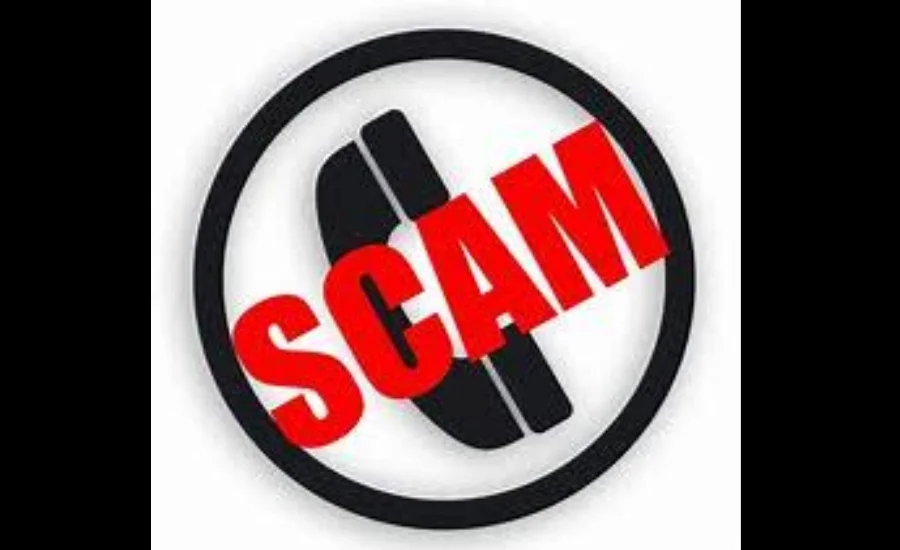
Preventing scams starts with awareness and vigilance. To protect yourself from potential fraud associated with 209-379-4351, consider implementing the following preventative measures:
- Verify Caller Identity: Always confirm the identity of callers, especially if they are requesting sensitive information. If you are uncertain, hang up and call the organization directly using a number you trust.
- Never Share Personal Information: Avoid sharing personal details, such as Social Security numbers, bank account information, or credit card numbers, over the phone unless you are confident in the legitimacy of the caller.
- Promptly report any discrepancies to your financial institution.
- Utilize Call Blocking Features: Many smartphones come equipped with features to block unwanted calls. Take advantage of these tools to limit exposure to potential scams.
- Educate Yourself and Others: Stay informed about common scams and tactics employed by fraudsters.
By adopting these preventative measures, individuals can better safeguard their personal information and confidently address the question, “209-379-4351 is it a scam?”
Insights from Experts
Experts in cybersecurity and consumer protection emphasize the importance of staying informed about the latest scams and fraud tactics. They recommend that individuals remain skeptical of unsolicited calls and be proactive in verifying the identities of callers. Engaging in discussions about common scams can help raise awareness and encourage more people to take precautions.
Experts also suggest that consumers take advantage of technology to protect themselves. Many apps and services are designed to identify and block potential scam calls, providing an additional layer of security. When considering whether 209-379-4351 is it a scam, following expert advice can significantly reduce the likelihood of falling victim to fraudulent activities.
Furthermore, experts urge individuals to report suspicious calls to the appropriate authorities, as this information can contribute to efforts aimed at tracking and prosecuting scammers. Collective reporting can help build a clearer picture of scam trends, enabling authorities to take action and protect consumers.
The Role of Social Media in Scam Awareness
Social media platforms have become increasingly vital in spreading awareness about scam numbers like 209-379-4351. Users can share their experiences and warn others about suspicious calls, creating a sense of community and support among individuals who have encountered scams. Social media discussions can amplify awareness and promote community-driven efforts to report and track scams.
Engaging in conversations about phone scams on social media can also provide a platform for individuals to seek advice and share strategies for recognizing and avoiding potential fraud. By utilizing these platforms, individuals can contribute to a collective knowledge base that helps answer the question, “209-379-4351 is it a scam?”
Moreover, many organizations and consumer protection agencies actively use social media to educate the public about scams and fraudulent tactics. Following these accounts can provide valuable updates on emerging threats and practical tips for staying safe.
Interactive Elements
To enhance reader engagement and understanding, consider incorporating interactive elements within the article. For instance, quizzes that help individuals identify potential scam calls can be a fun and informative way to educate readers. Creating a checklist of red flags to look for during a suspicious call can also serve as a practical resource for readers.
Encouraging readers to share their experiences with 209-379-4351 or similar numbers in a dedicated forum can foster community support and awareness. Additionally, providing links to online resources for reporting scams and finding additional information can empower readers to take action and educate themselves further.
Interactive elements not only engage the audience but also promote a sense of collective vigilance against phone scams, contributing to a more informed public that can better protect themselves and others.
Also Read: 215-274-0085
Final Words
In conclusion, the question “209-379-4351 is it a scam?”. If you receive a call from this number, exercise caution: do not share personal information, hang up, and consider blocking the number. Reporting such calls to authorities can help protect others from falling victim to scams. By staying aware of the tactics used by scammers and sharing your experiences with friends and family, you contribute to a more informed community. Remember, knowledge and vigilance are your best defenses against potential fraud. Protect yourself and others by questioning unsolicited calls and taking proactive measures against phone scams. Always ask, “209-379-4351 is it a scam?” before engaging with unknown callers, and take steps to safeguard your personal information.
Stay informed and empowered against scams like 209-379-4351—your safety is our priority at Insight Trays.
